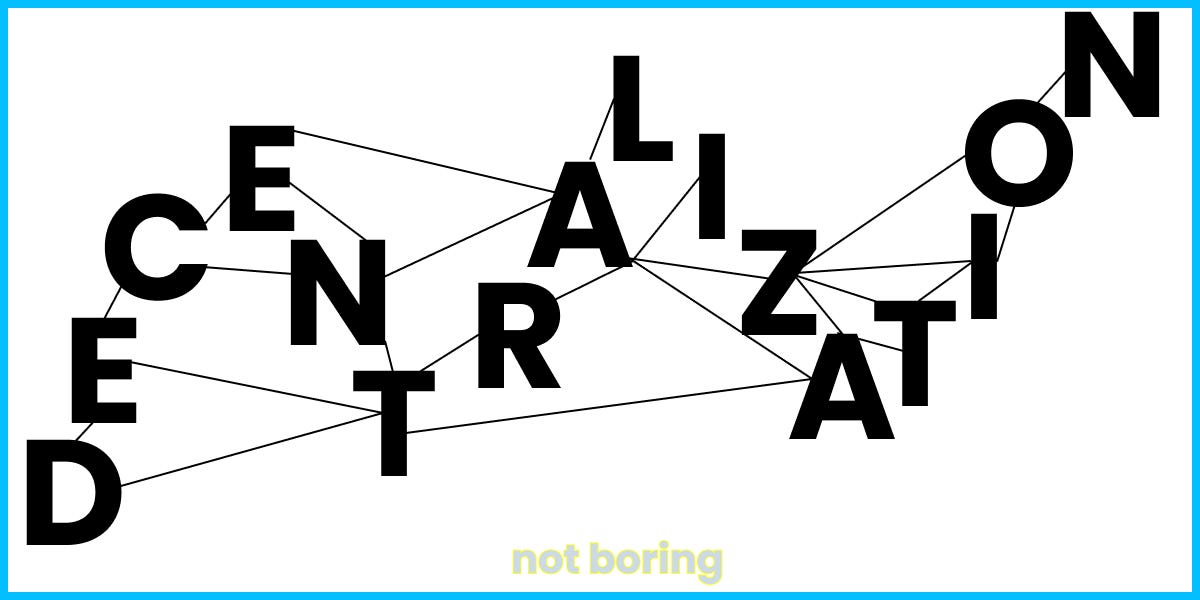aron
@aronshelton
Designing and navigating various contextual arrangements with an enigmatic sense of hope. #wayfinder
aron
@aronshelton

Co-creation value adds. 1) When you're stuck with creating something, your co-creator nudges you because they're not going to be stuck on the same thing as you are. So no more writer's block, creative block, etc. They will jump in to push the creation into a version that you could have never imagined. 2) The editing process is much, much faster bec
... See more
provocations and
